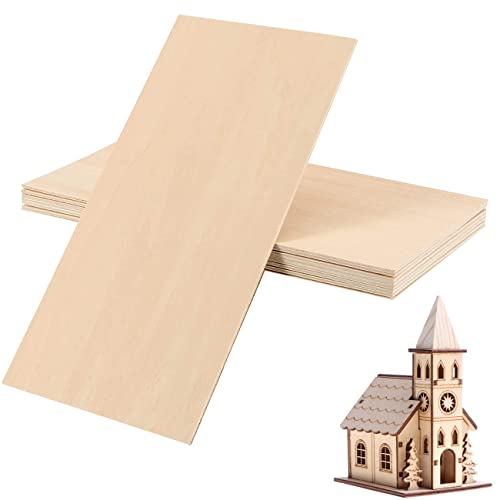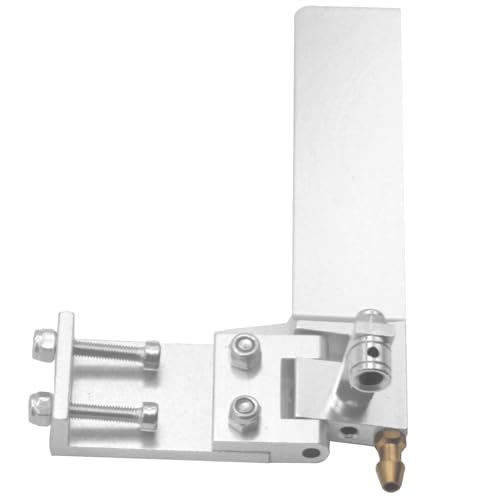Martin Law
Well-Known Member
- Joined
- Jun 26, 2022
- Messages
- 186
Hey all,
I had my Zen water jacket cap off the other day and noticed that quite a bit of corrosion had developed on the aluminum cylinder case which is inevitable. I know it would only take a small piece of that corrosion to break off and plug the outlet water fitting possibly resulting in a complete meltdown.
Has anyone come up with a way to stop or reduce this age old phenomenon?
I know guys that remove the cap and clean the water jacket at the end of each running day but it seems there has to be a better way.
Your thoughts?
Thanks,
Marty
I had my Zen water jacket cap off the other day and noticed that quite a bit of corrosion had developed on the aluminum cylinder case which is inevitable. I know it would only take a small piece of that corrosion to break off and plug the outlet water fitting possibly resulting in a complete meltdown.
Has anyone come up with a way to stop or reduce this age old phenomenon?
I know guys that remove the cap and clean the water jacket at the end of each running day but it seems there has to be a better way.
Your thoughts?
Thanks,
Marty











































